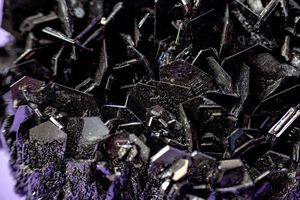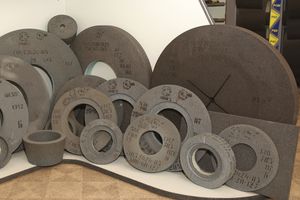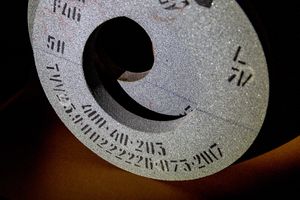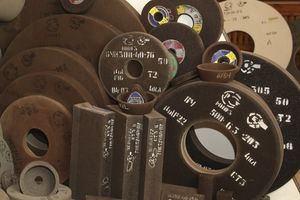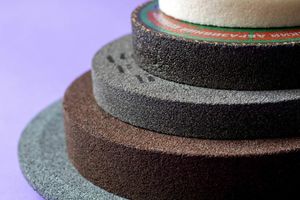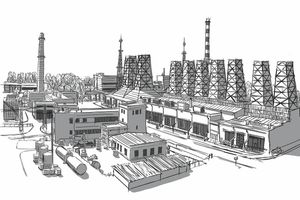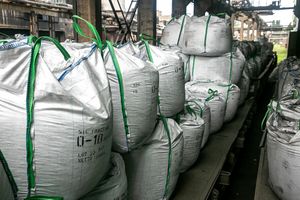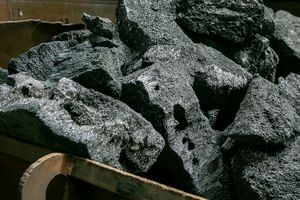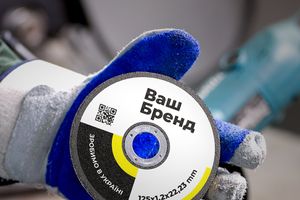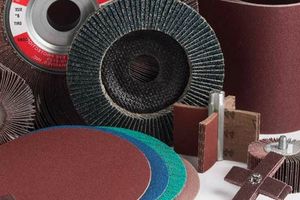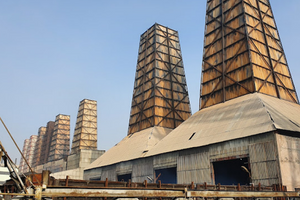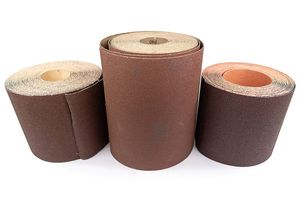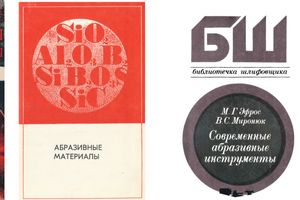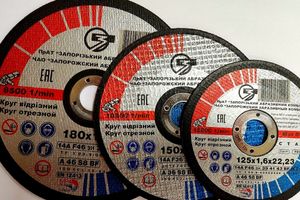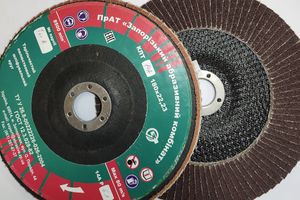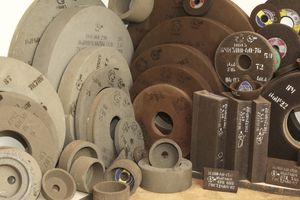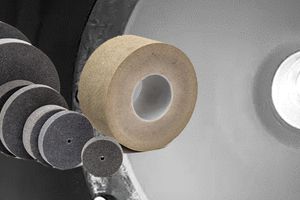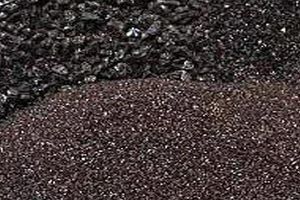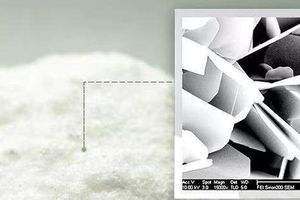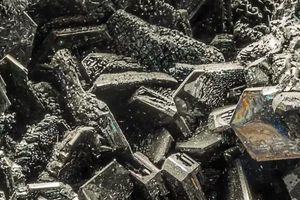Boron carbide (B4C), also known as black diamond, is an ultra-hard material with a unique combination of properties, including high hardness, high thermal stability, and excellent wear resistance. It is formed by the reaction of boron oxide and carbon in a furnace at high temperatures.

Importance of Boron Carbide in Various Industries
Boron carbide is widely used in various industries, such as abrasives, ballistics, refractories, and nuclear power. Its hardness and durability make it an ideal material for cutting and grinding, while its ability to absorb large amounts of energy makes it suitable for use in body armor and body armor. Its high thermal stability and ability to withstand high temperatures also make it important material for lining high-temperature furnaces. In nuclear power, boron carbide is used in control rods to absorb neutrons and control the fission reaction.
The purpose of this article is to provide a comprehensive overview of boron carbide, including its properties, applications, manufacturing processes, and future trends. This article will serve as a valuable resource for anyone who wants to learn more about this versatile and important material.
Properties of boron carbide
Chemical composition and structure
Boron carbide is a binary compound consisting of boron and carbon, with the chemical formula B4C. Its crystal structure is hexagonal, and its strong covalent bonds between boron and carbon atoms give it high hardness and thermal stability.
Physical properties: hardness, density, and thermal stability
Boron carbide is one of the hardest materials known, with a hardness close to diamond. Its density is 2.5 g/cm3 and its thermal stability is excellent, allowing it to withstand high temperatures without melting or deformation.
Mechanical properties: wear resistance and fracture toughness
Boron carbide also has excellent wear resistance, making it ideal for applications where high friction and wear are important. It also has high fracture toughness, meaning it can absorb a significant amount of energy before it breaks or cracks.
Applications of Boron Carbide
Abrasive applications: grinding and cutting
Boron carbide is widely used as an abrasive material due to its high hardness and ability to withstand high friction. It is often used for grinding and cutting operations, especially in the manufacture of precision components.
Ballistic Applications: Body Armor and Body Armor
Boron carbide's high hardness, density, and ability to absorb large amounts of energy make it a valuable material for use in body armor and body armor. It is often used as a ceramic material in these applications as it provides superior protection against high-velocity projectiles.
Refractory Applications: High Temperature Furnace Lining
The high thermal stability and ability of boron carbide to withstand high temperatures make it an important material for lining high-temperature furnaces. Often used in industrial furnaces, such as those used for heat treating metals, fusing glass, and firing ceramics.
Nuclear Applications: Neutron Absorbing Control Rods
Boron carbide is also used in the nuclear industry as a neutron absorber in control rods. These rods are used to control the fission reaction in a nuclear reactor, and boron carbide's high ability to absorb neutrons makes it an ideal material for this application.
Boron carbide production

Synthesis methods
Boron carbide can be synthesized by a variety of methods, including hot pressing, reaction sintering, and spark plasma sintering. Each method has its advantages and disadvantages, and the choice of method depends on the desired properties of the final product.
Factors affecting the quality of boron carbide
The quality of boron carbide depends on several factors, including starting materials, synthesis method, processing conditions, and post-processing treatment. Proper control of these factors is necessary to produce high quality boron carbide with consistent properties.
Problems in boron carbide production
The production of boron carbide presents a number of challenges, including the high temperatures and pressures required for synthesis, the difficulty of controlling the synthesis process to achieve stable properties, and the high cost of raw materials. Despite these problems, boron carbide remains an important material with a wide range of applications, and research continues to develop new and improved synthesis methods.
Comparison with other solid materials
Comparison with diamond
Boron carbide is close to diamond in hardness, which makes it a highly effective abrasive material. However, it is cheaper and more readily available than diamond, making it a more affordable alternative for many applications.
Comparison with other ceramics
Boron carbide has a unique combination of properties that sets it apart from other ceramics. It has higher hardness and thermal stability than many other ceramics, making it an ideal material for high temperature and wear applications.
New applications and new market opportunities
The future of boron carbide is bright, with new applications and market opportunities emerging across a variety of industries. As technological advances continue, new uses for boron carbide are likely to be discovered, increasing demand for this versatile material.
Technological advances and research trends
Technological advances in the synthesis and processing of boron carbide continue, with research aimed at improving the properties of boron carbide and reducing production costs. New methods for synthesizing boron carbide with improved thermal stability, hardness, and wear resistance are being developed, and these developments are likely to contribute to the future growth of the boron carbide industry.
Growth potential in boron carbide production
The boron carbide industry is expected to experience significant growth in the coming years, driven by increasing demand for this versatile material across a variety of industries. Development of new applications, improved synthesis methods, and increased demand for high-performance materials are likely to fuel growth boron carbide market..
In conclusion, boron carbide is an ultra-hard material with a unique combination of properties, including high hardness, high thermal stability, and excellent wear resistance. It is widely used in various industries such as abrasives, ballistics, refractories, and nuclear power. Its versatility and importance are expected to continue to drive its growth in the future.
Final Thoughts on the Importance and Versatility of Boron Carbide
Boron carbide is a versatile material that has many uses in a wide variety of industries. The combination of properties makes it an ideal material for cutting, grinding, and protection applications, while its high thermal stability and ability to absorb large amounts of energy make it a valuable material for linings of high-temperature furnaces and control rods that absorb neutrons..

